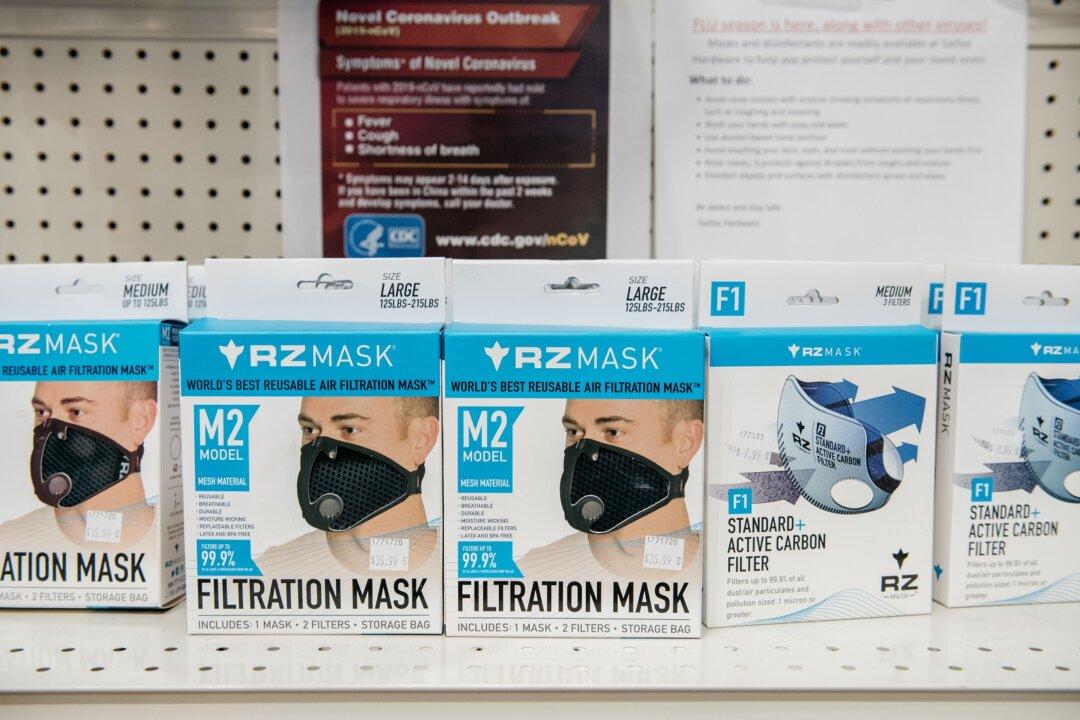A federal judge in Oklahoma issued a temporary injunction April 6 against that state’s ban on abortion procedures during the CCP virus pandemic, ruling that the governor’s emergency order shutting down abortions went beyond his emergency powers.
The court decision came after federal judges in Ohio and Alabama last week also suspended emergency orders temporarily limiting abortion access in those states.





